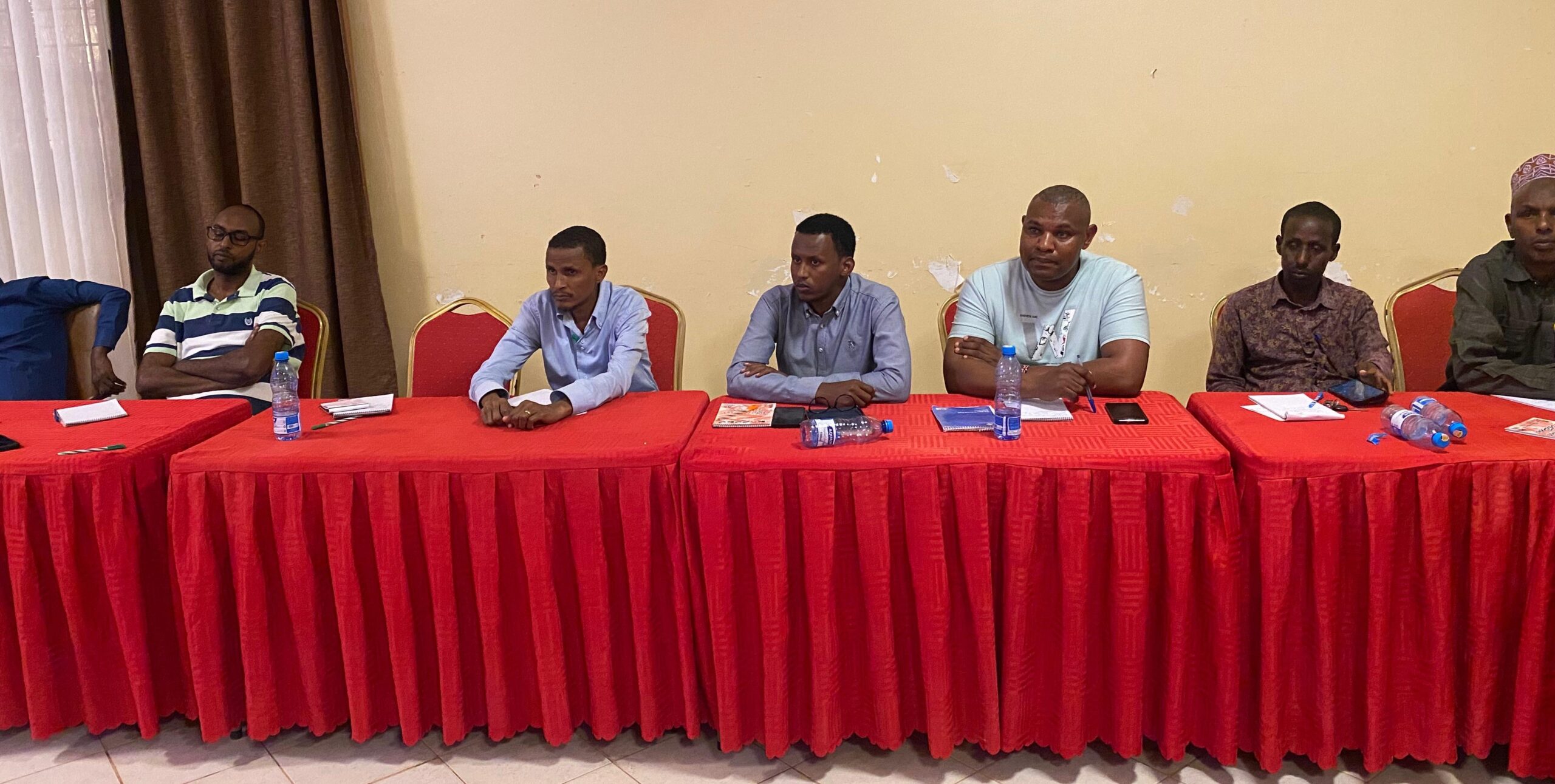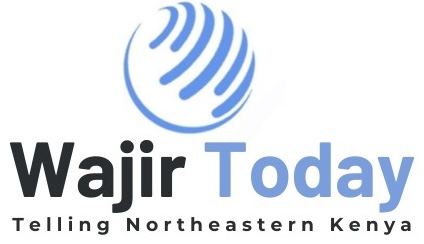
By Wajir Today Reporter
Local community leaders in Wajir County have raised concern about the increasing number of undocumented immigrants from nieghbouring Ethiopia.
Community stakeholders are worried that the uninterrupted flow of Ethiopians into the county not only creates a security scare but also risks overstretching government resources meant for locals in key sectors such as health and education.
Speaking during a human rights forum organised by the Kenya National Commission on Human Rights in Wajir town on Thursday, the Deputy Vice Chairman of SUPKEM Wajir Branch, Sheikh Hassan Ahmed Hussein, told participants that the rising number of undocumented migrants from the neighbouring country will not only create a security scare but also deplete local resources.
“We are facing a big problem in the county. We have people coming from Ethiopia and entering our town without any restrictions,” said Sheikh Hassan. “We are worried if this goes on without any action, the situation will get worse.”
The SUPKEM official blamed the government for its inaction, adding that the number of undocumented migrants from Ethiopia is increasing by the day without any efforts to address the problem.
“We have government agencies who are supposed to deal with the issue, but so far they are doing nothing about it. We cannot blind ourselves to the reality. This is a big problem in the county,” the Sheikh added.
He called on the government to address the issue through existing legal channels, including repatriation to their home country or transferring them to refugee centres.
“We have a government and laws in this country. If these people are refugees running away from problems in their homes, let them be treated like refugees and taken to camps. If not, migrants should be taken back to their homes.”
Undocumented migrants from Ethiopia enter Wajir through the Moyale border, passing through several locations before arriving in Wajir town, where many are employed in the informal sector often working as housemaids and cleaners.
The Ethiopian immigrant community has also been blamed for contributing to the rising HIV/AIDS prevalence, widespread drug abuse, and increasing unemployment in the county.
A representative from the Directorate of Criminal Investigations (DCI) in Wajir informed the forum that they face challenges, particularly in dealing with cases involving third-party recruiters, who are often unreachable or unavailable.
“We can only handle the case of one person — the person who was arrested as a migrant — and we must examine all angles to determine the case. We also have a language barrier when getting information from them,” said the DCI representative.
The DCI office further expressed concern that, because of Wajir’s close proximity to the Ethiopian border, many of those who are repatriated often make their way back into the county soon after.
According to the Office of the Director of Public Prosecutions, they handle at least three cases involving Ethiopian immigrants every week at Wajir Law Courts.
However, human rights defenders have urged stakeholders to protect the rights of migrants by upholding their dignity and shielding them from arbitrary detention and harassment.
The regional office of the Kenya National Commission on Human Rights (KNCHR) in Wajir expressed concern that treating migrants as ordinary criminals will overwhelm local prisons and detention centres.
“Many law enforcement officers are not aware of migration-related provisions and practices and opt to handle them as common criminals, thus jamming criminal courts with migration offences,” read part of a recent report by the Commission.
The Commission, which now proposes an Alternative to Detention of Migrants (ATDM), a model expected to allow migrants to reside in the community without being detained for migration-related reasons while pursuing immigration compliance, has called on local security agencies to follow the law when handling migrants.
KNCHR is collaborating with Trace Kenya in advocating for mainstreaming of a human rights-based approach in migration governance and combating human trafficking and migrant smuggling.
Through this partnership, the Commission conducted awareness forums to enhance prevention of Trafficking in persons (TIP) for stakeholders drawn from state and non-state actors in Wajir.
Thursday’s session covered a presentation on the Regional Digital Service Provider Directory (DSPD) for the East and Horn of Africa.
The DSPD is an online platform containing information on organisations and agencies that offer services for vulnerable migrants in the East and Horn of Africa”
“The Commission is urging local security agencies to mainstream a human rights-based approach in migration governance and combating human trafficking and migrant smuggling” said Hassan Abdi Omar, KNCHR Regional Coordinator
According to a KNCHR survey, the Kenyan government spends approximately Ksh. 2 billion each year to process migrants through the criminal justice system and carry out repatriations.
“This cost does not include processing costs for migrants who qualify for refugee status or asylum considerations” the report says
The growing presence of undocumented Ethiopian migrants in Wajir County has sparked an urgent debate that pits national security and resource constraints against human rights obligations.
While local leaders and community members express frustration over the perceived government inaction and the strain on health, education, and employment opportunities, human rights advocates caution against criminalising migration.

